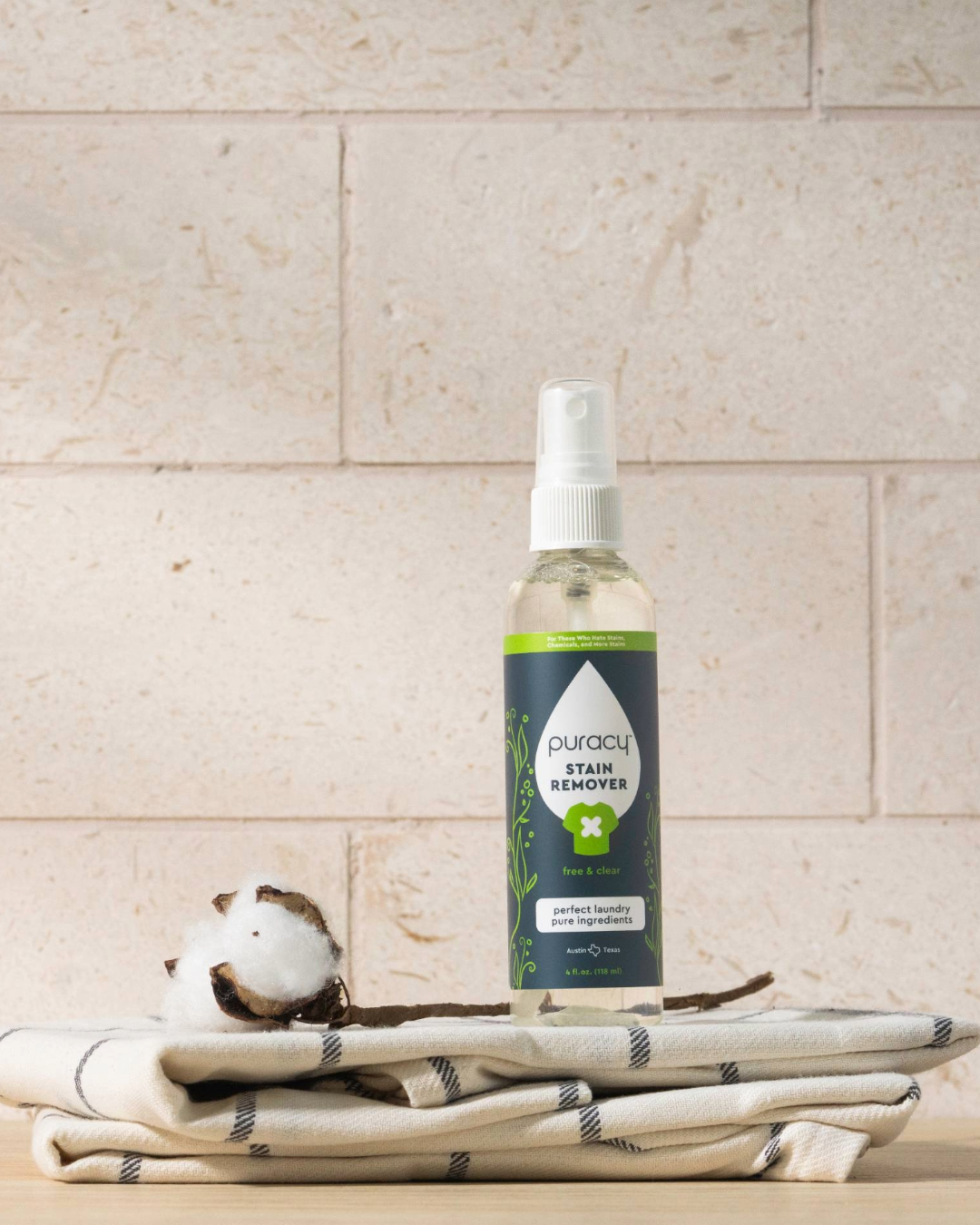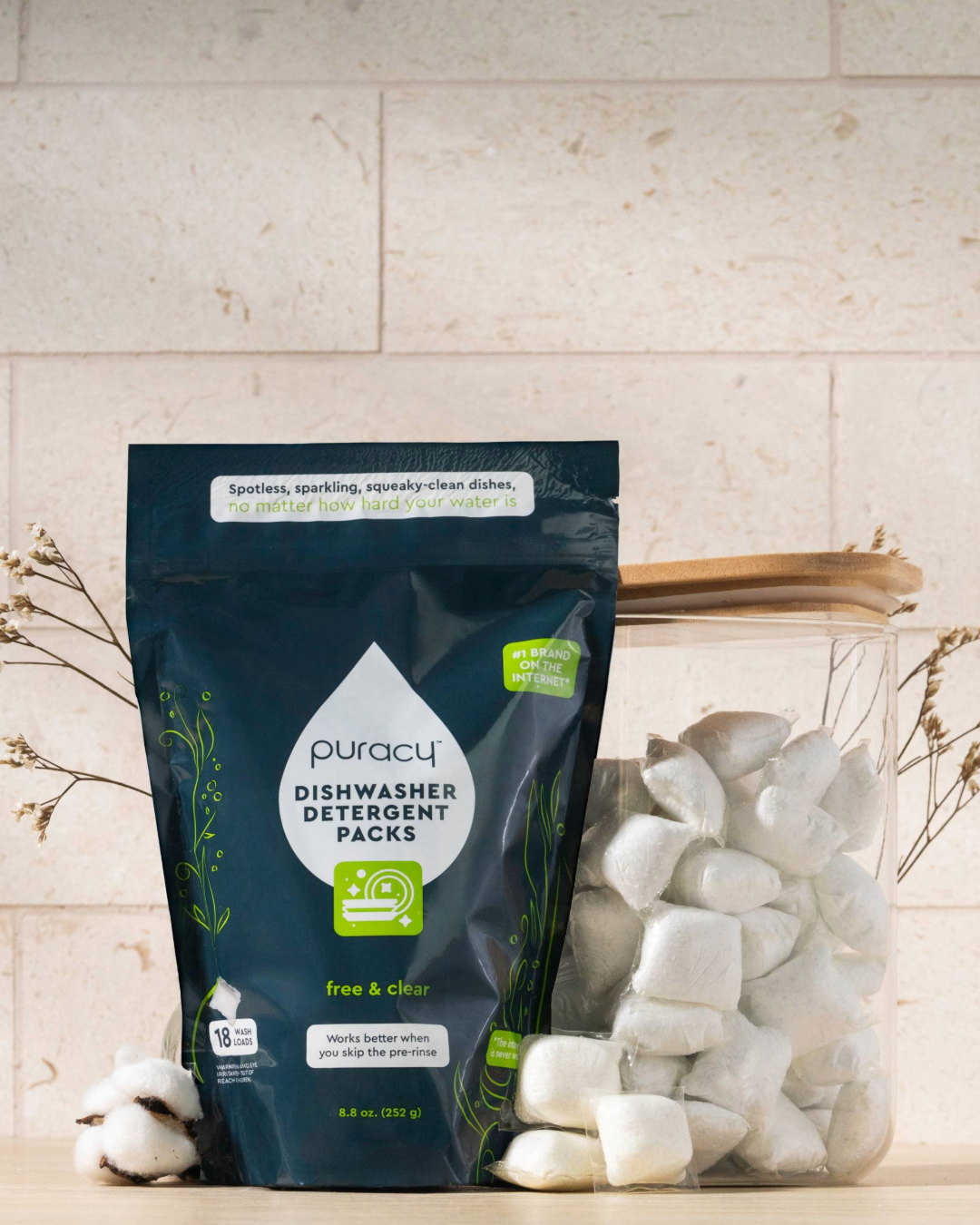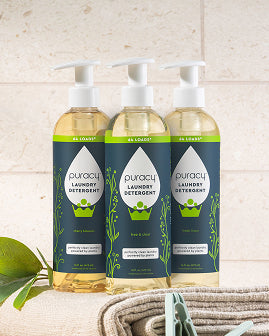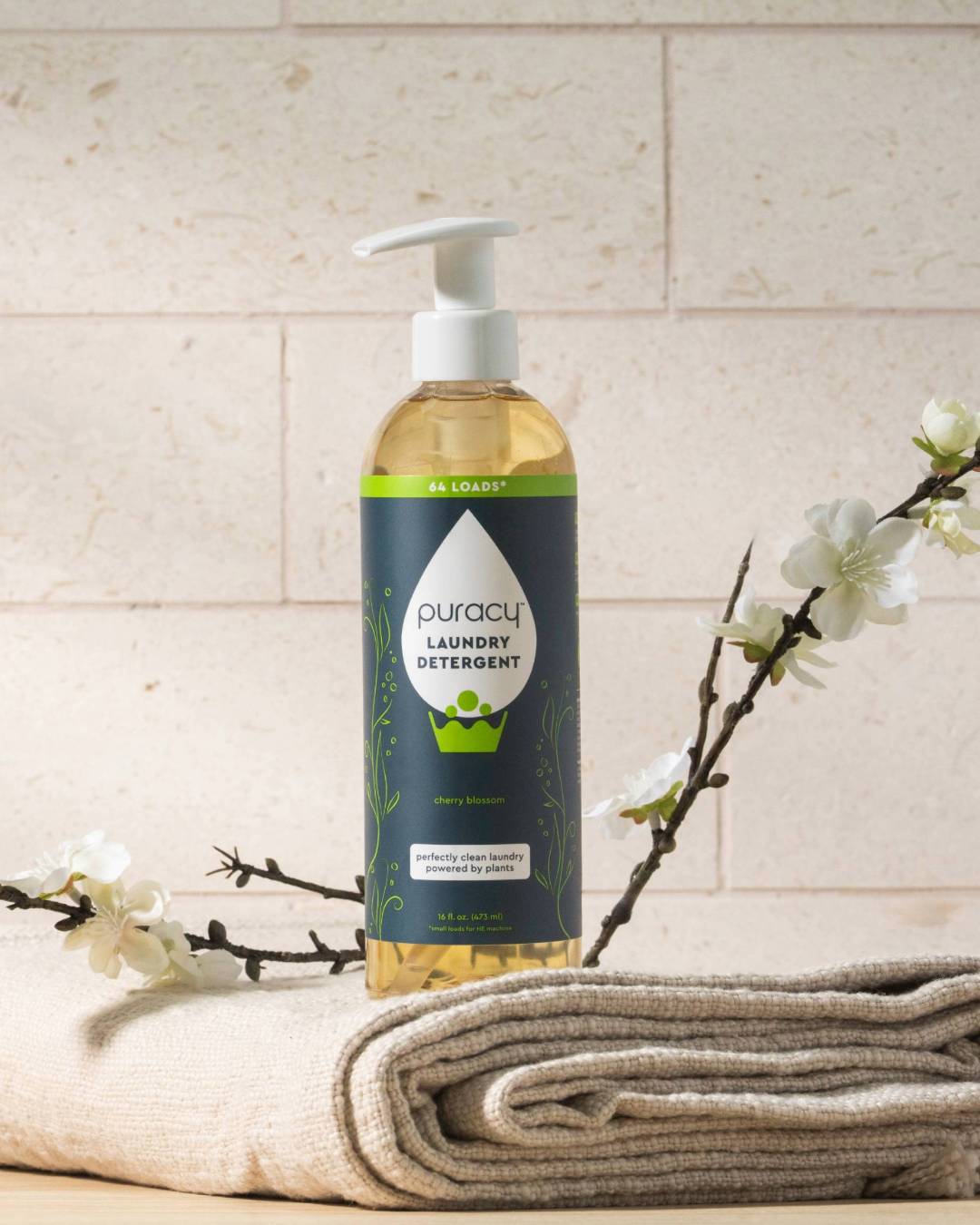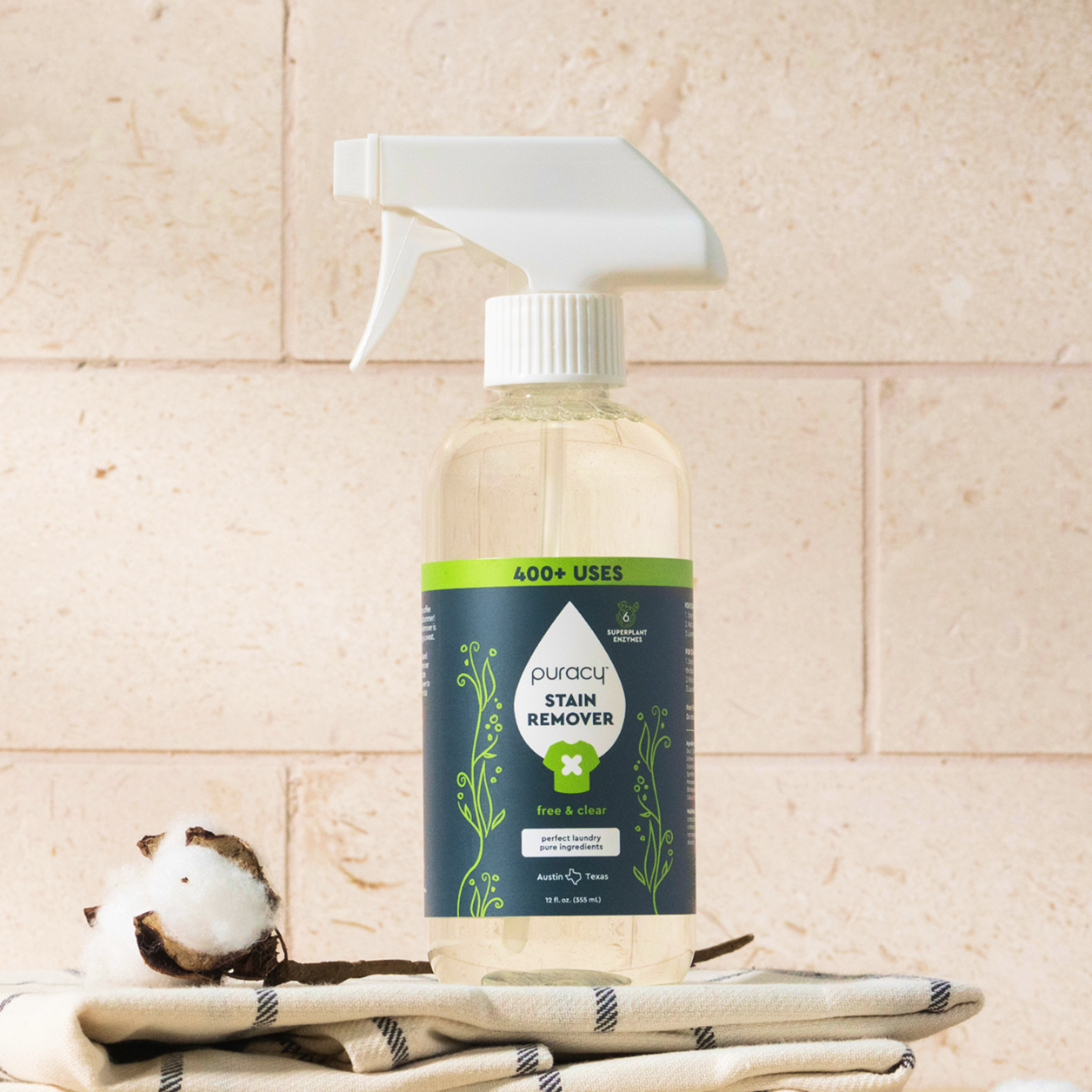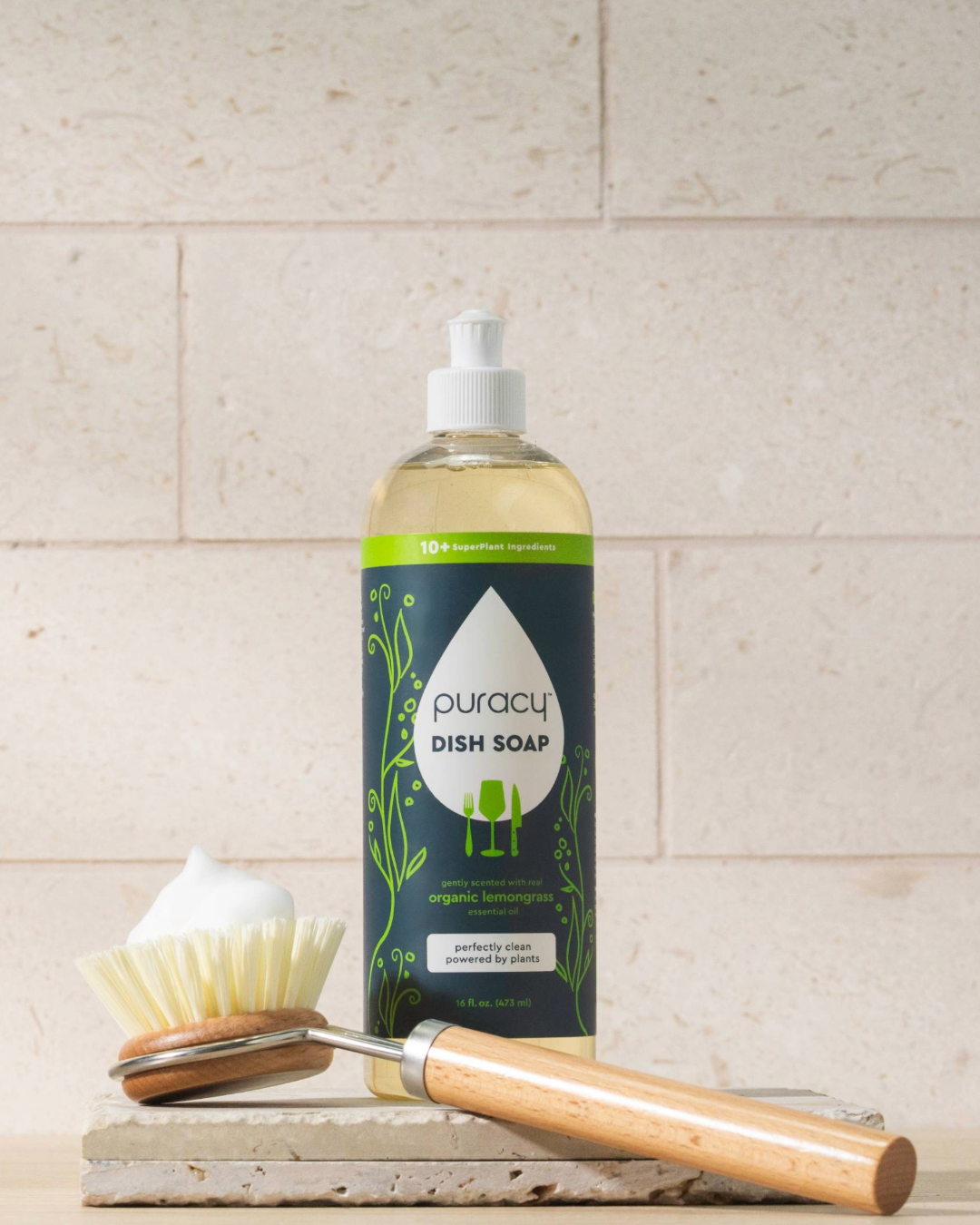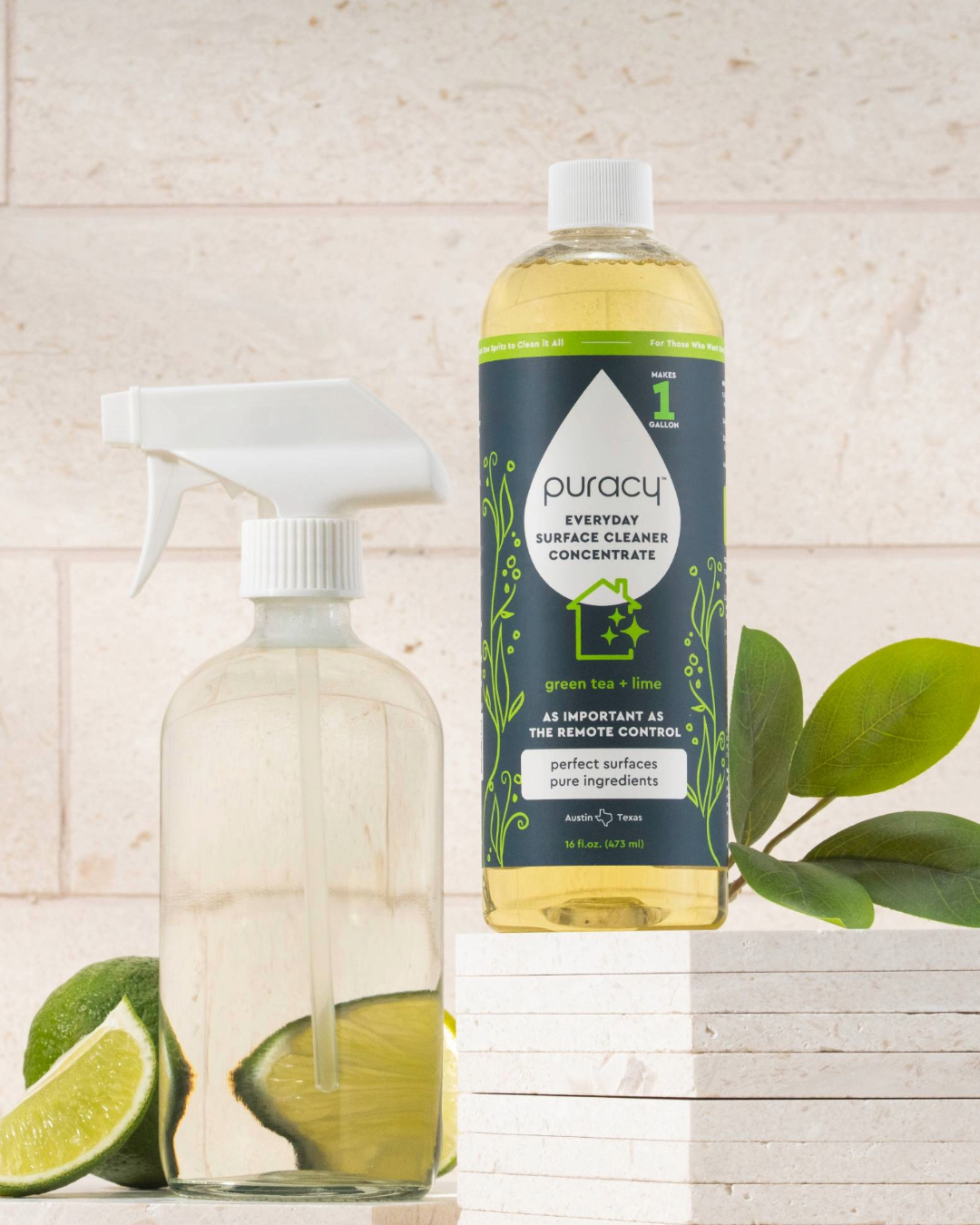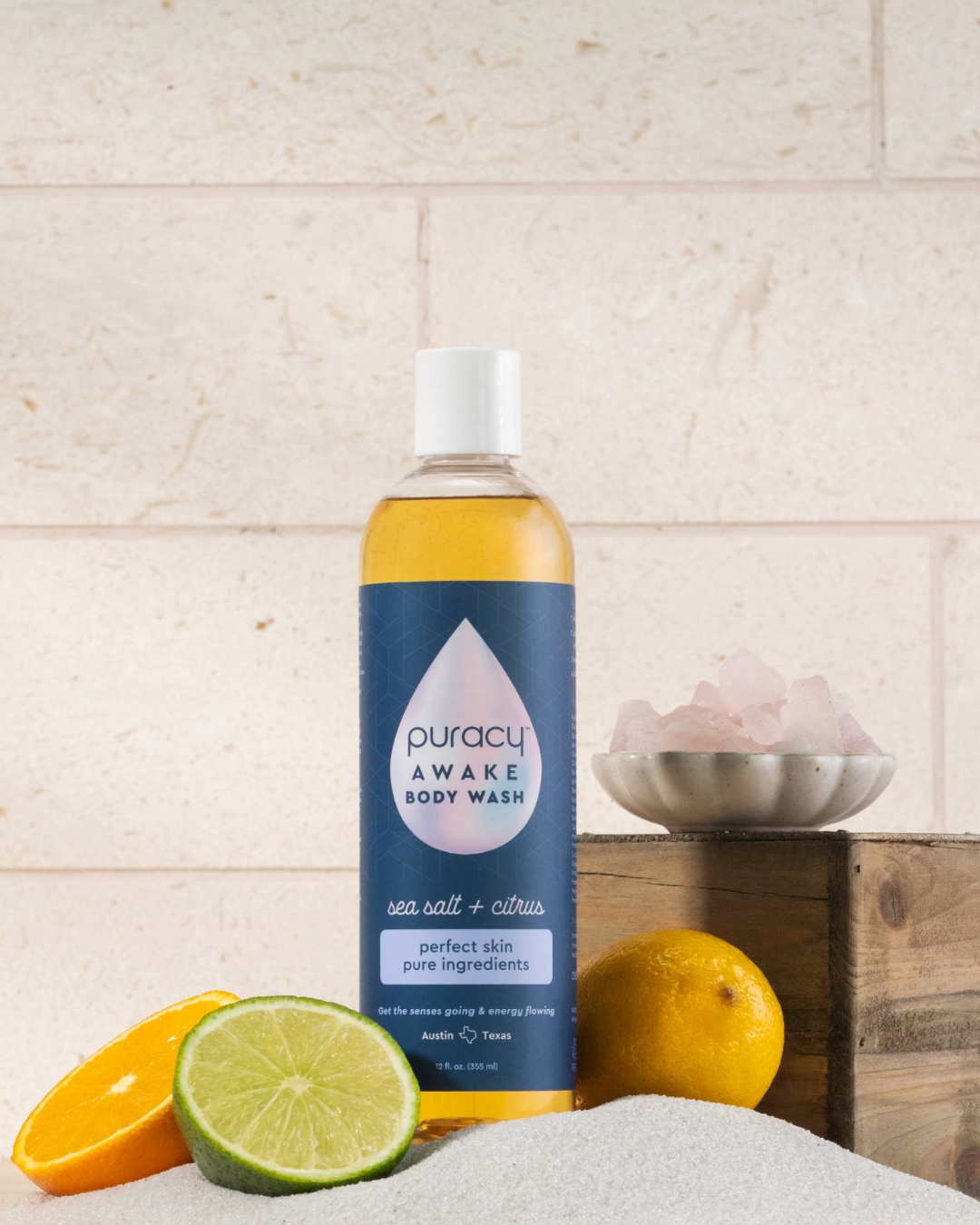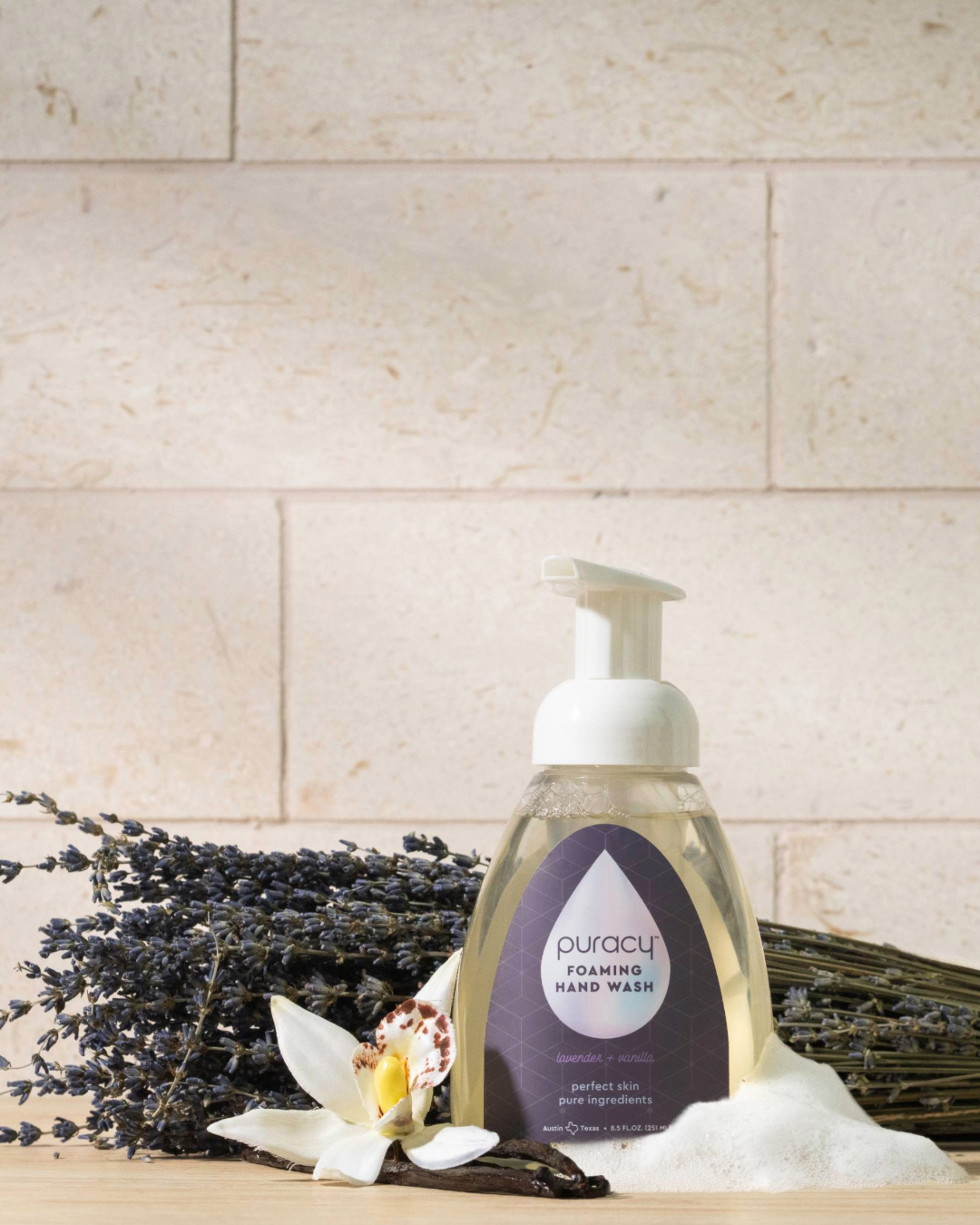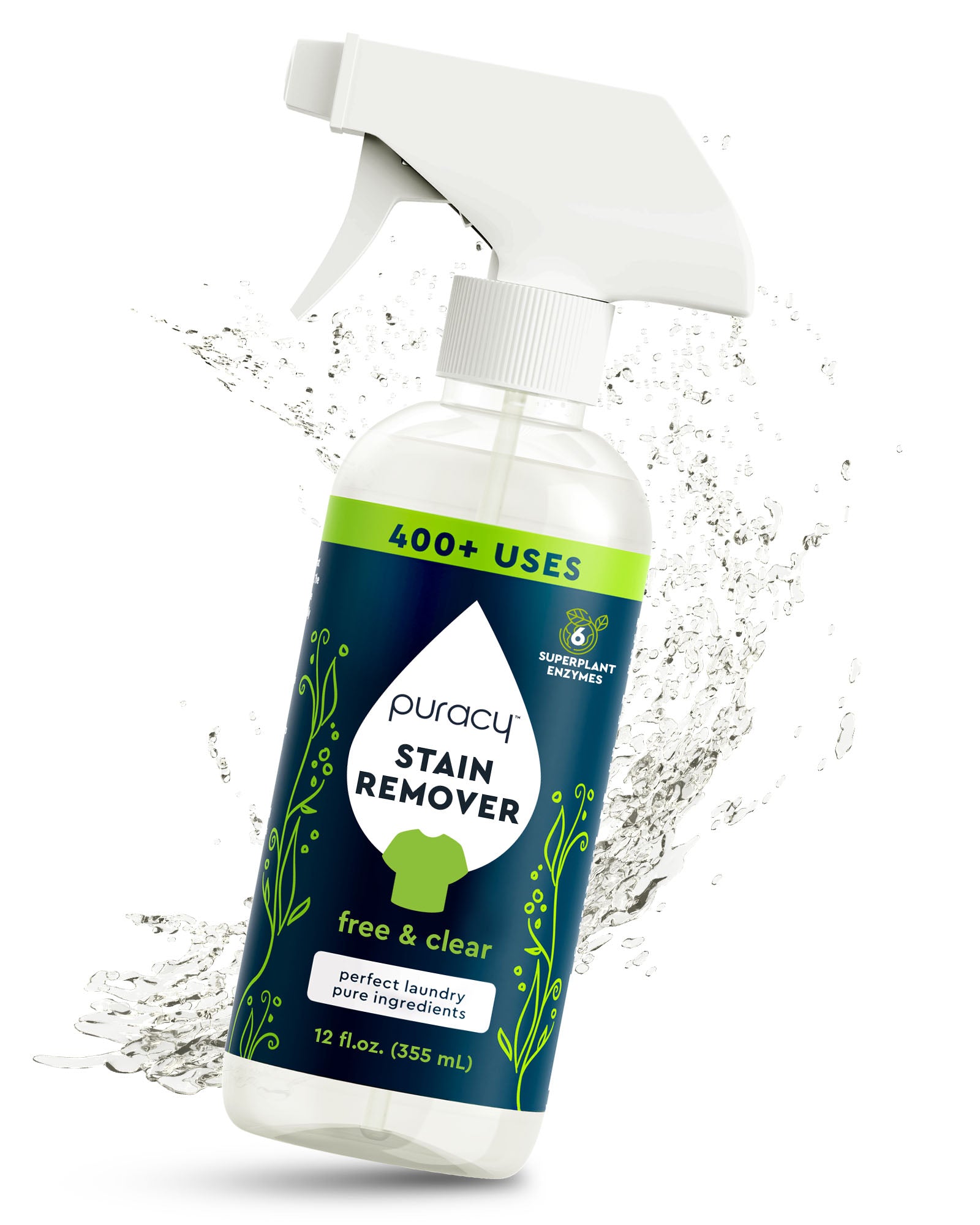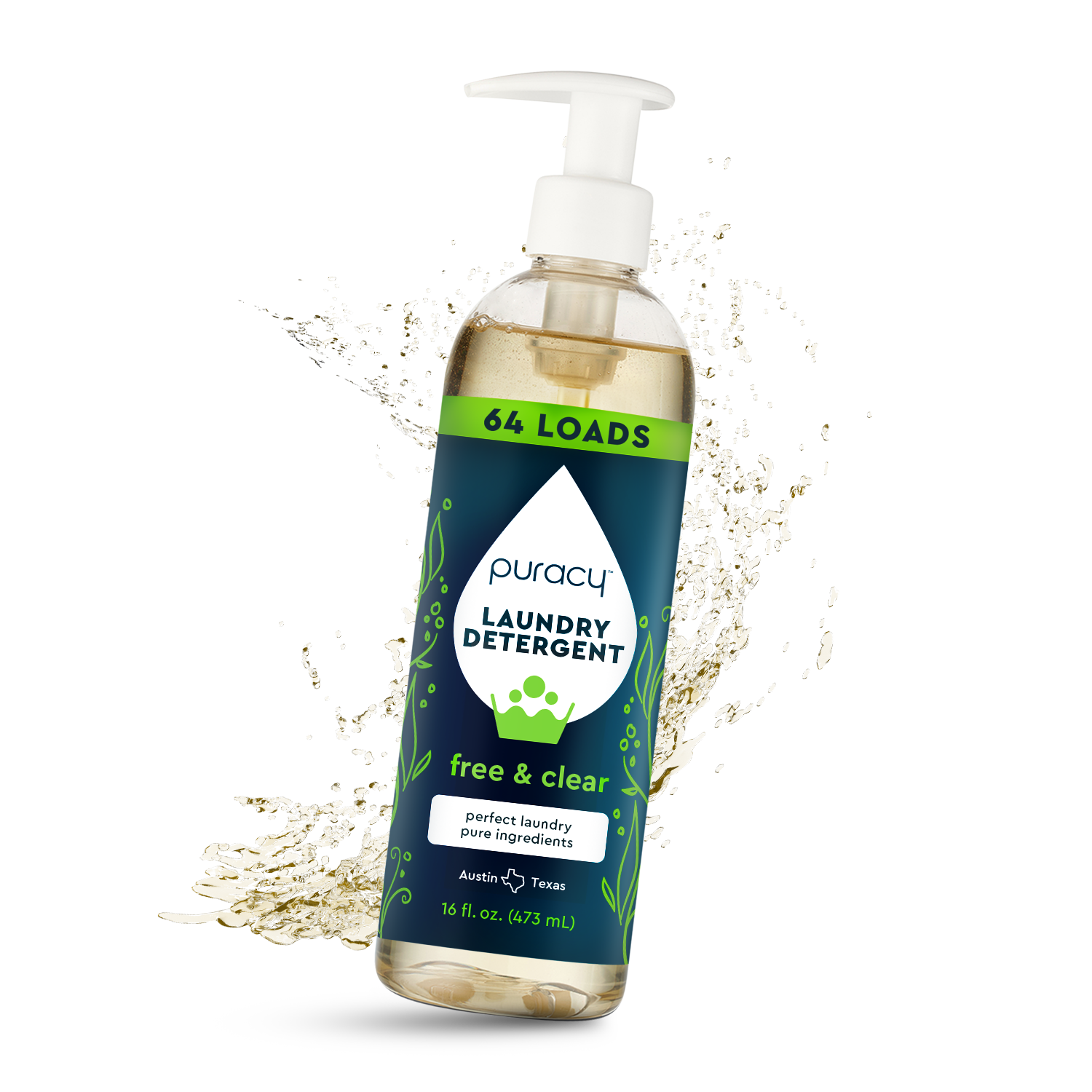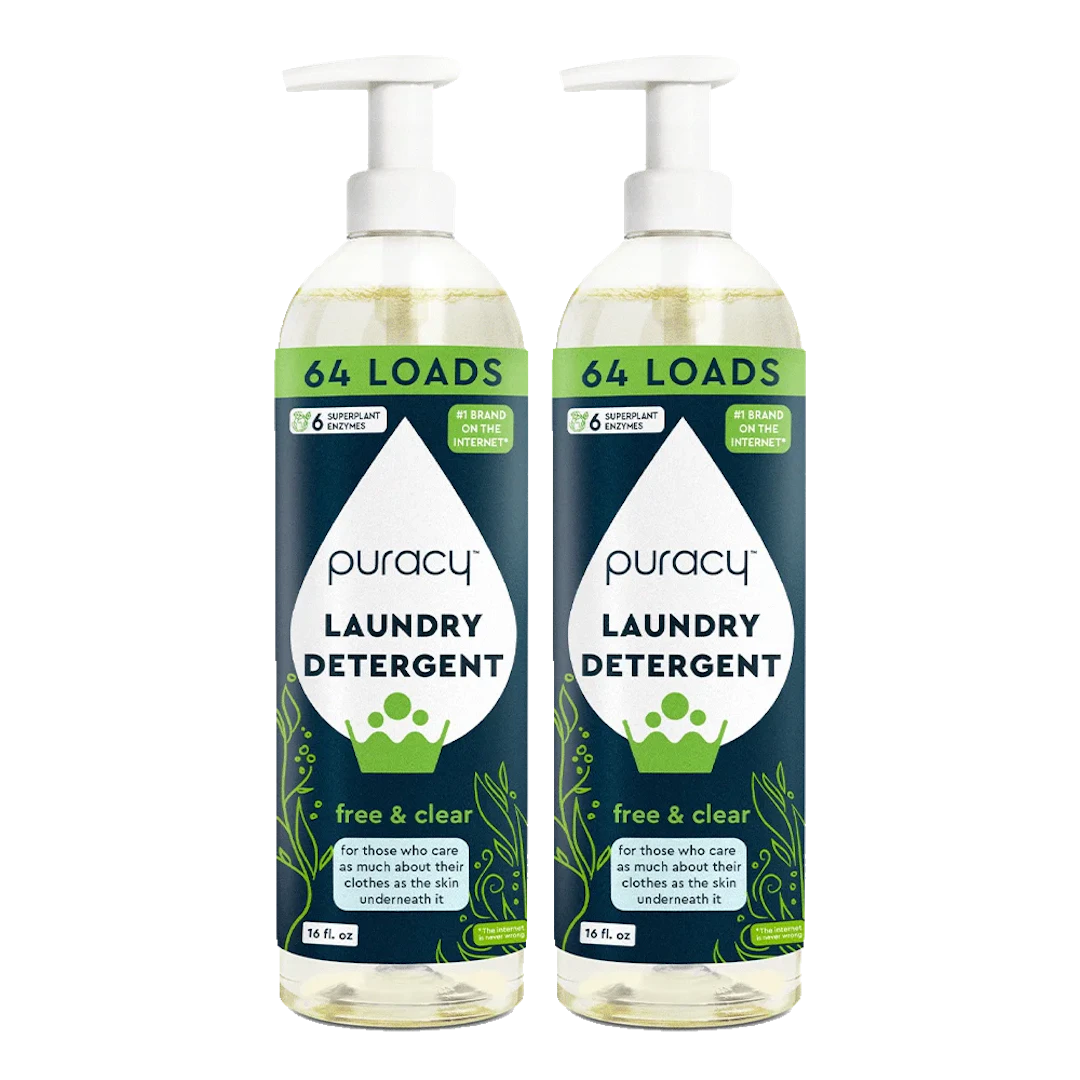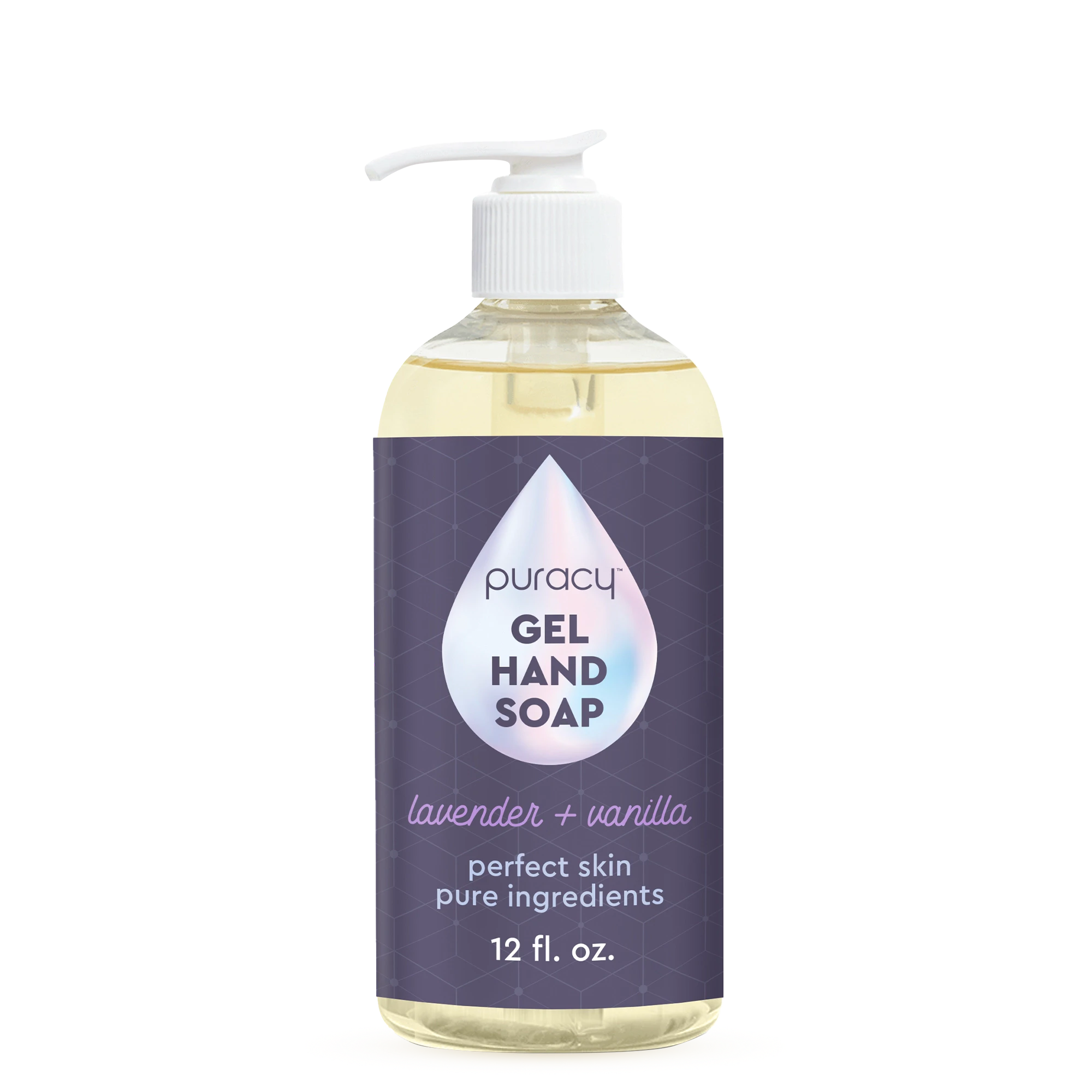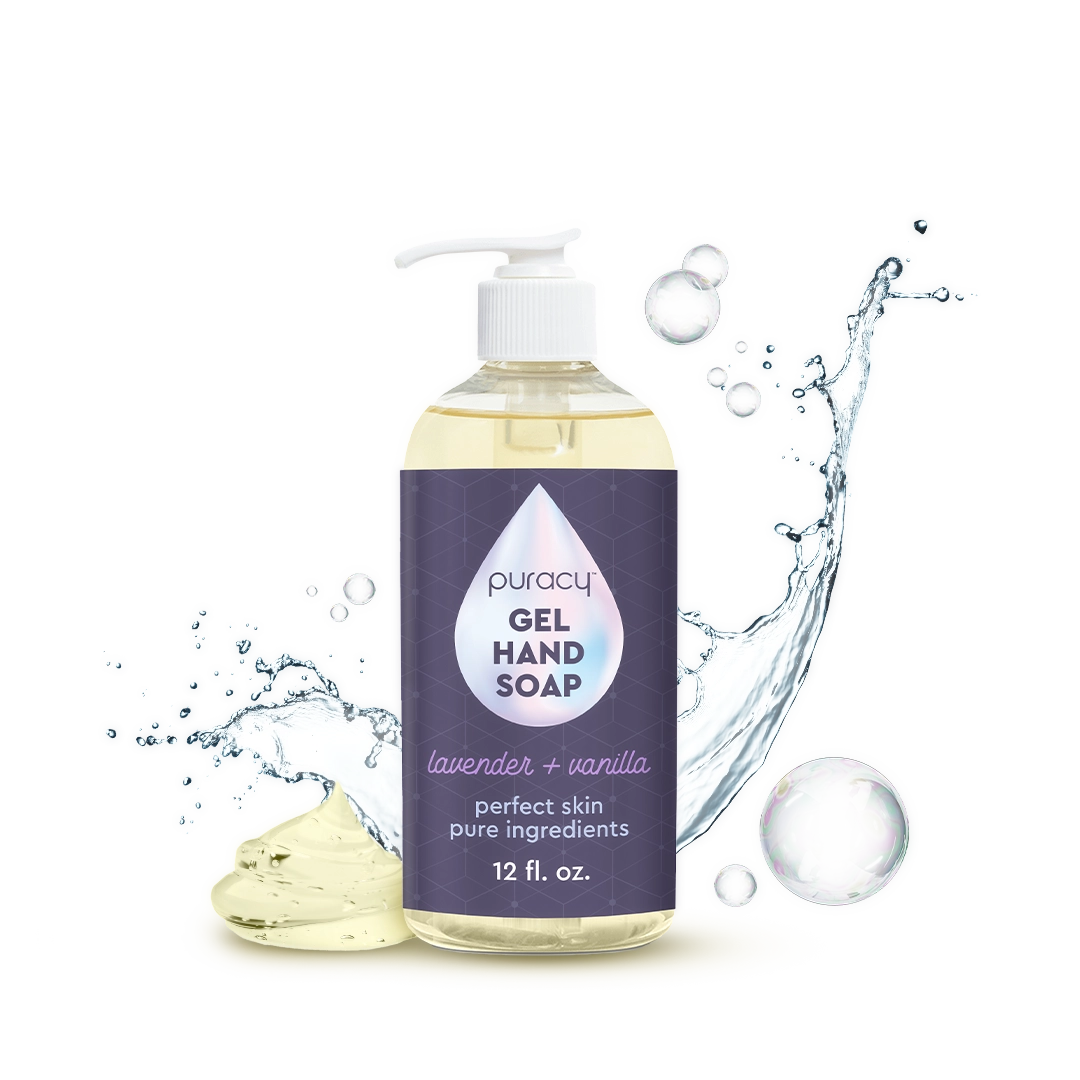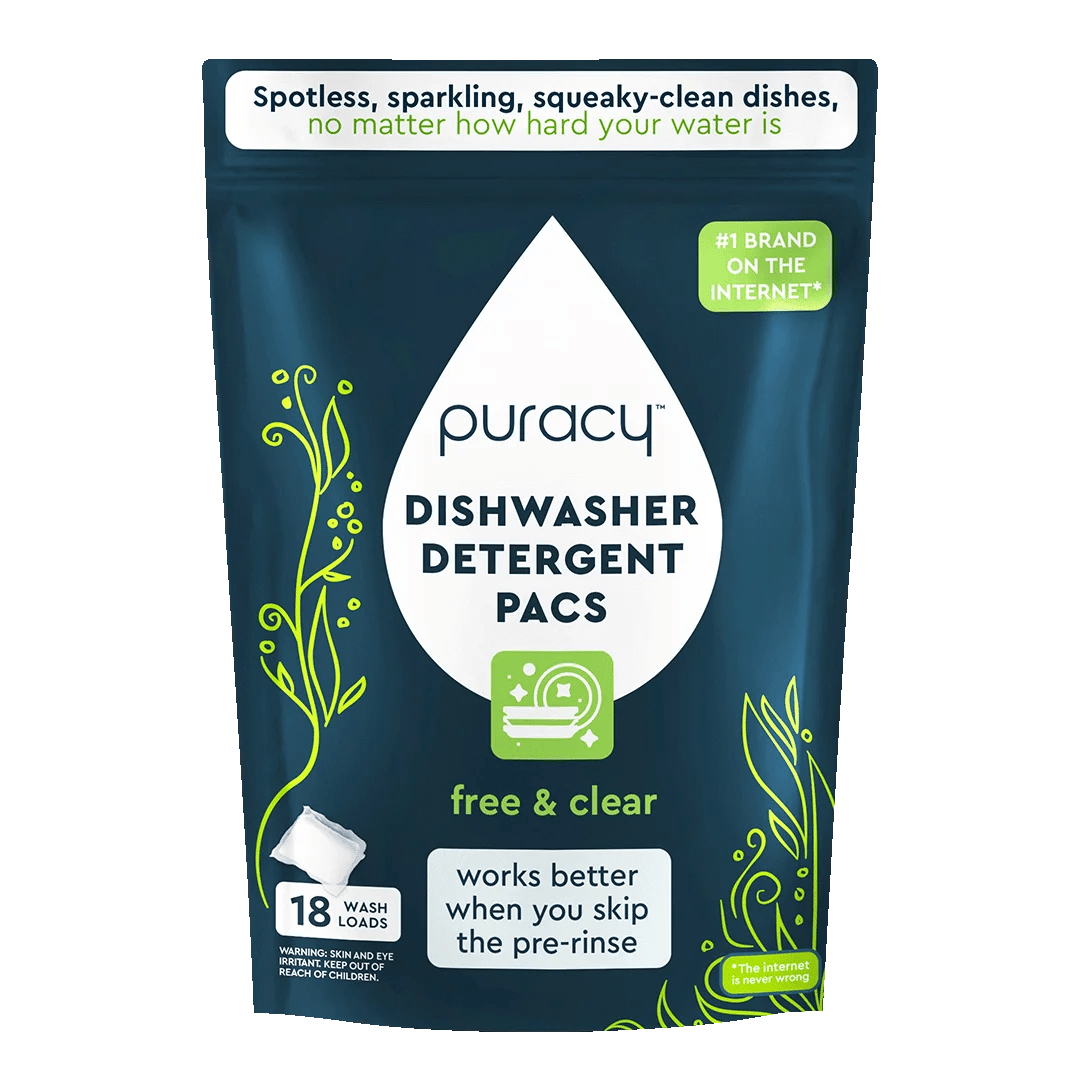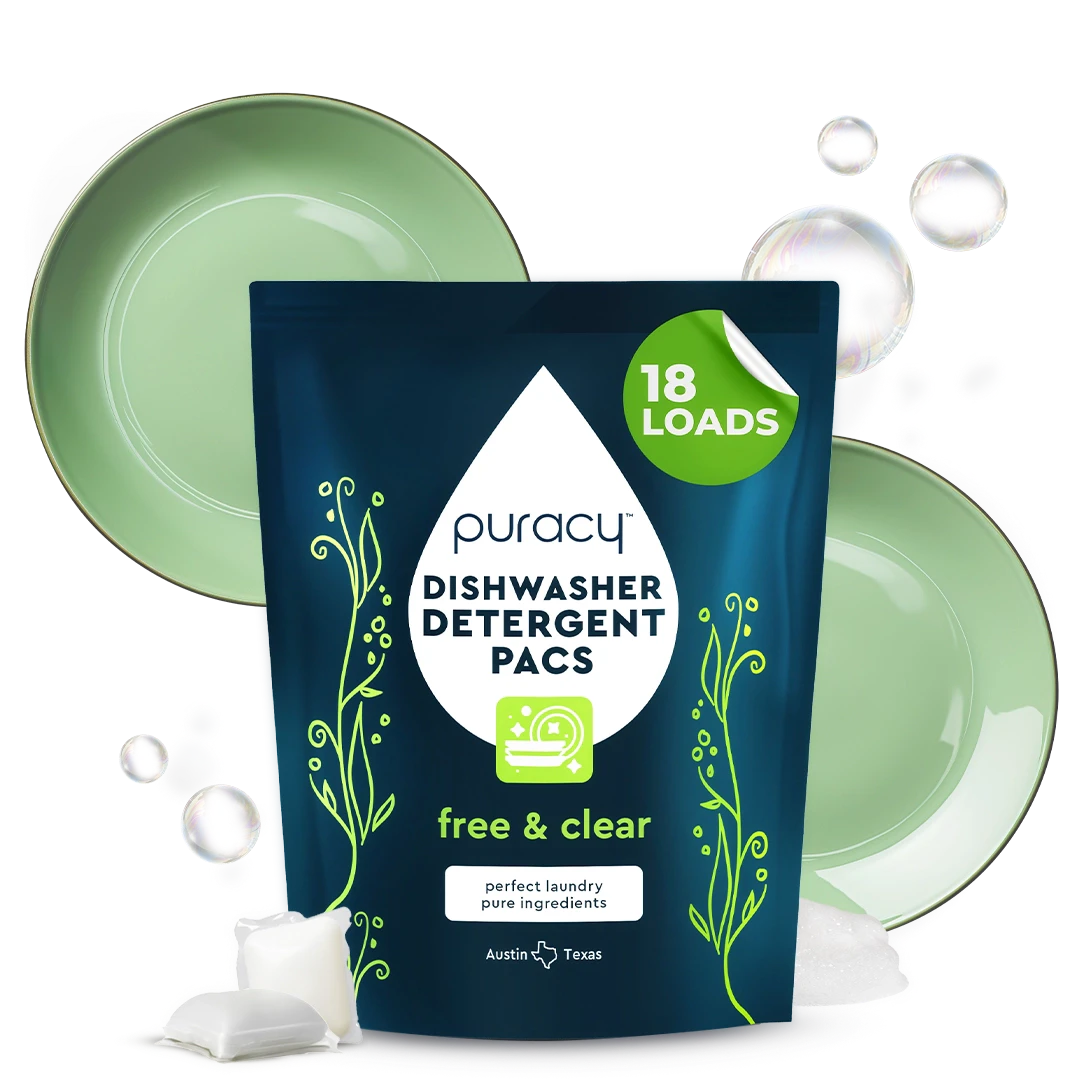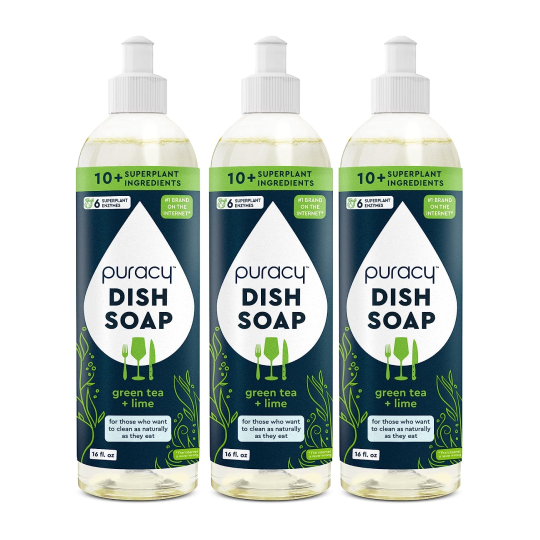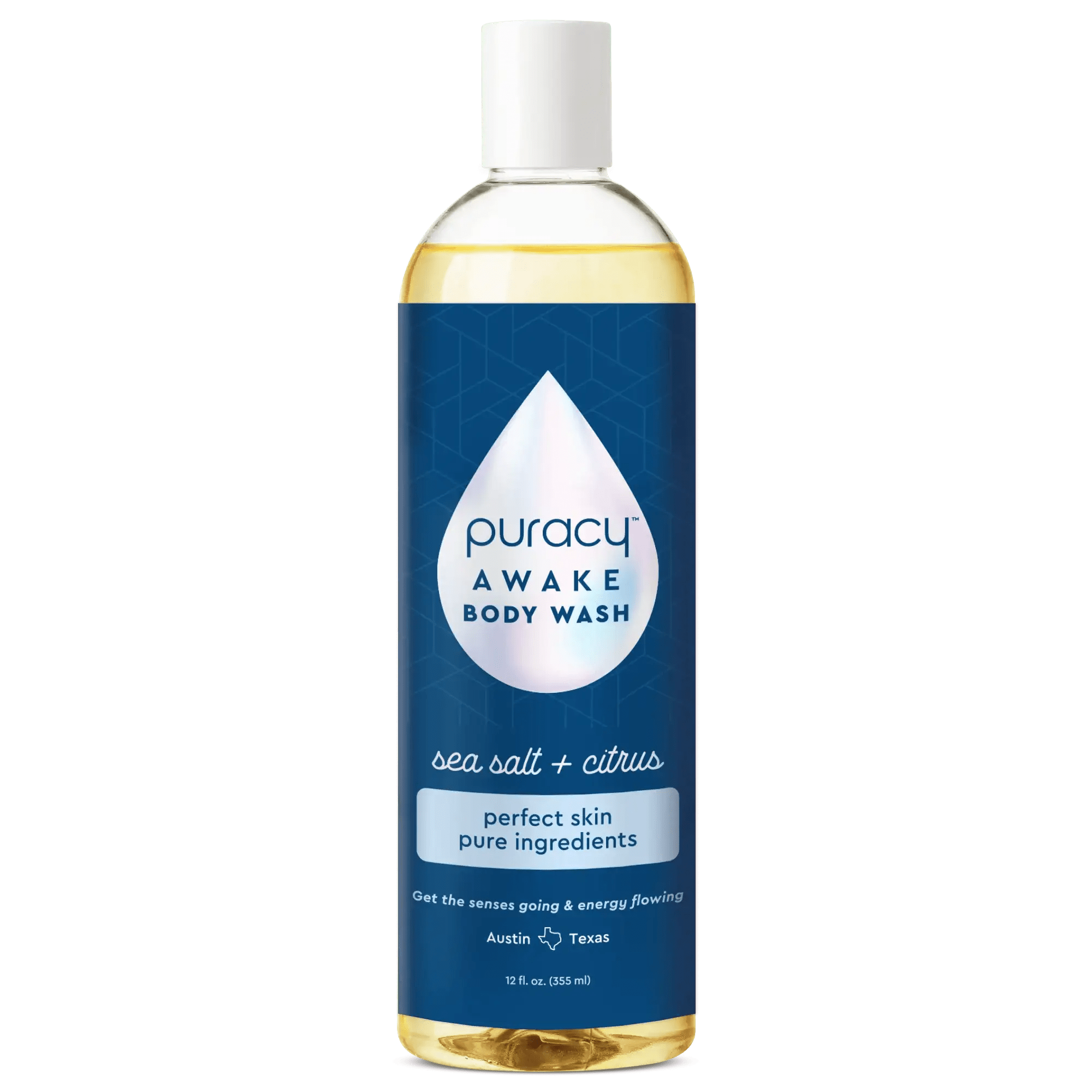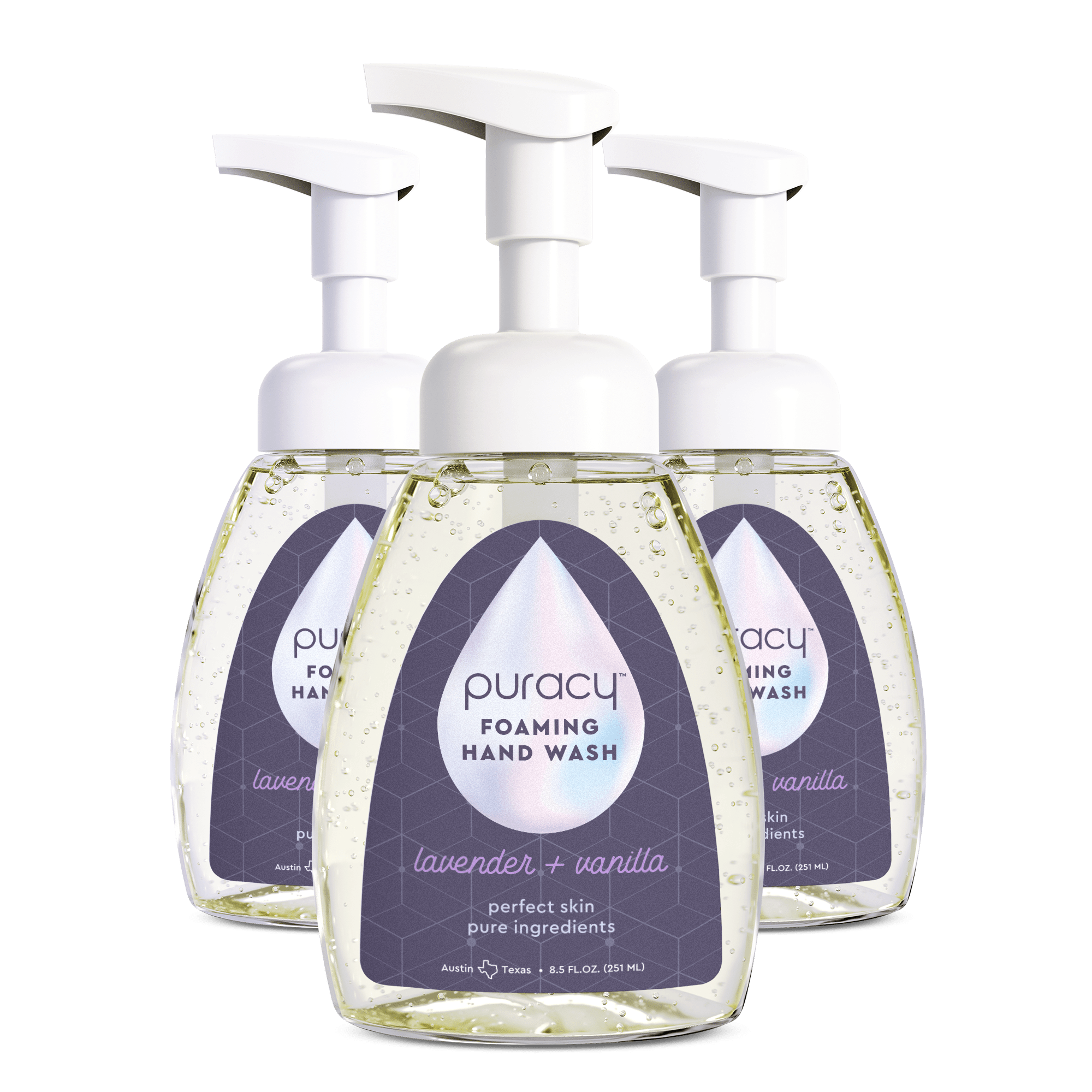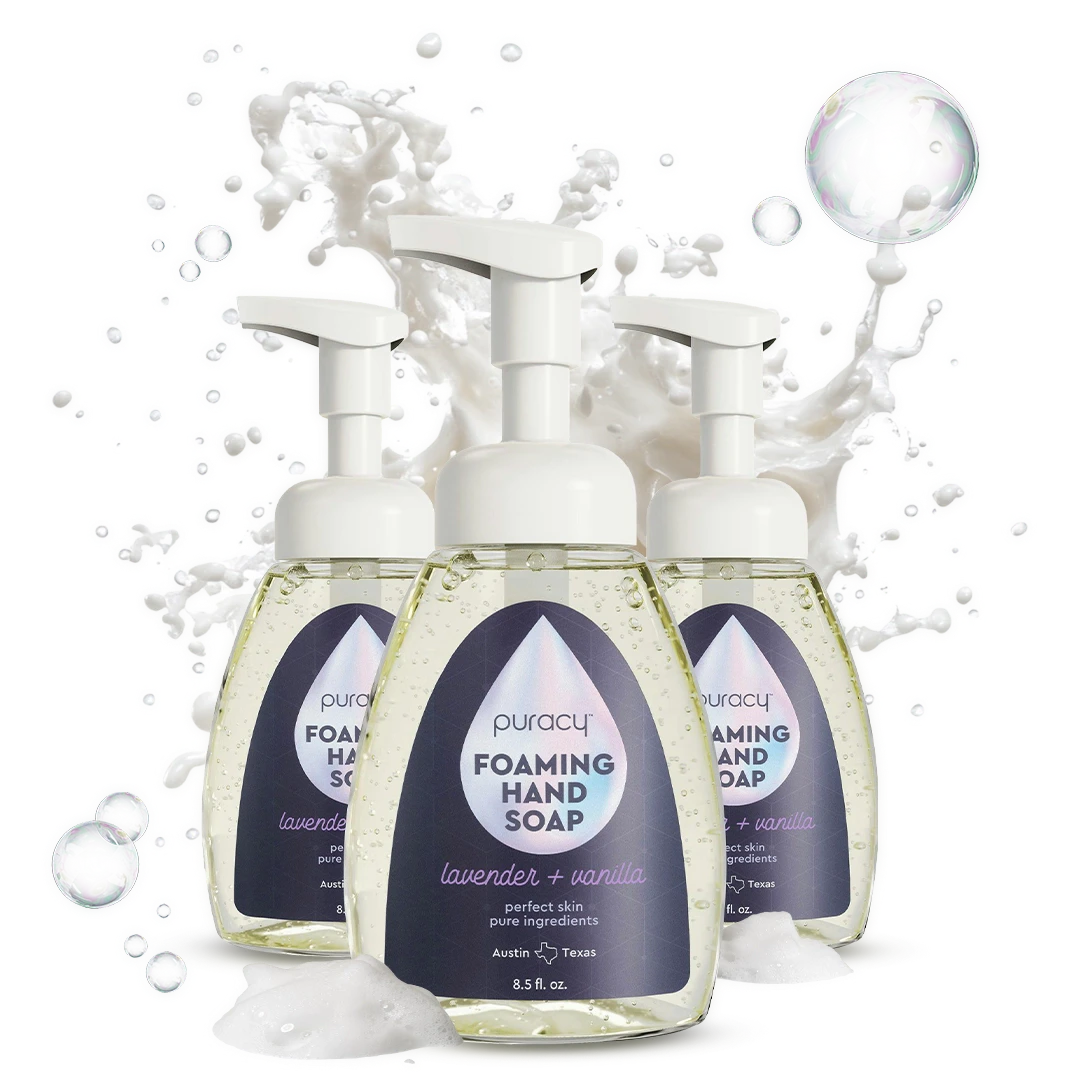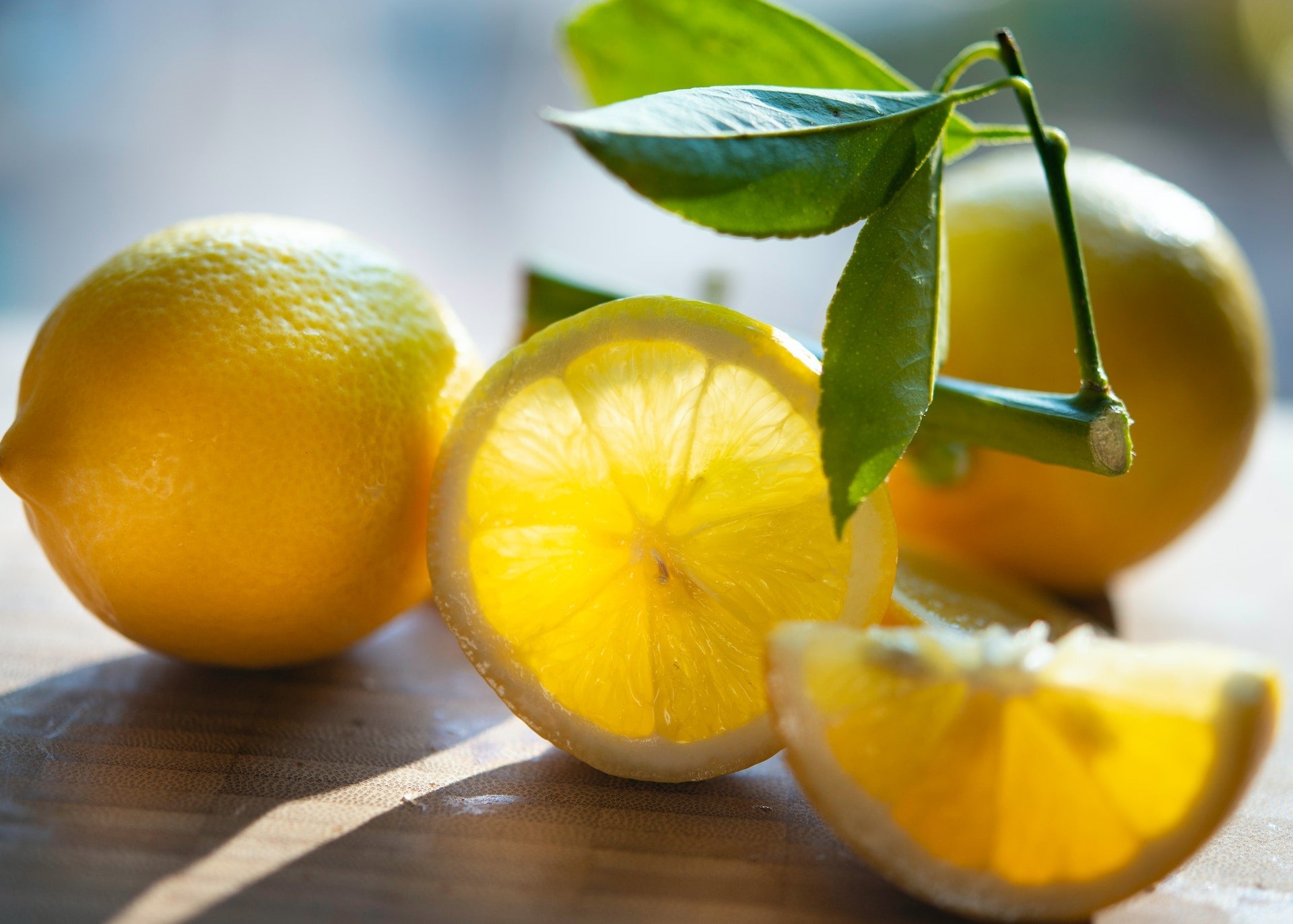
How to Clean A Microwave With Lemon
Lemons are a versatile and eco-friendly cleaning agent that can also be used to clean your microwave. The acidic juice of lemons acts as a natural disinfectant that can cut through grease and grime, while the oils in the lemon can leave surfaces shiny and fresh. Learn the best way to clean your microwave naturally using a lemon, as well as tips for keeping it spotless and fresh all year long.
How to Clean Your Microwave At Home

What You’ll Need:
- A microfiber towel
- Some sliced lemons
- Deep microwave-safe container or bowl
- Baking soda and scraper (for tough grimes and stains)
- Disinfecting Surface Cleaner (optional for additional disinfecting if needed)
1.Prepare Your Lemon Water and Container/Bowl
Add 1 cup of water to a deep container or bowl. Add two to three teaspoons of lemon juice or one lemon, cut into slices. Turn on the microwave for five minutes with the container/bowl of lemon slices inside. Continue to steam it with the door closed for another fifteen minutes with the power off.
2.Wipe and Scrape Interior Surfaces
Allow the microwave to cool for 30-60 seconds before removing the container. Remember to be careful when removing the bowl because it might still be warm, but not too hot for your skin. With your microfiber towel, carefully clean and wipe all surfaces.
The rotating plate can be hand washed in the sink using a natural liquid dish soap. You can also put it in the dishwasher if it’s dishwasher-safe.
Pro tip: You can also use baking soda or a natural surface cleaner together with your scraper to easily remove stubborn grimes.
3. Clean the Exterior
Use the remaining lemon water to clean exterior surfaces, or a natural surface cleaner. This procedure should cover the interior and exterior surfaces of the door, as well as the gasket. For areas that are still greasy, you can remove them with some natural dish soap combined with lemon water.
4. Finishing Touches
Wipe the interior and exterior dry with a microfiber cloth or allow it to dry completely. Check every spot to ensure you didn't miss anything. Finish by wiping a natural surface cleaner inside and out on surfaces, especially those made of glass. This should result in a fresh, new-looking microwave.
What Makes Lemons Such Effective Cleaners?

Discover how this natural cleaning method leaves surfaces spotless without the use of harsh chemicals or synthetic formulas.
Lemons Are an Excellent Household Cleanser/Antiseptic
Lemons are a natural antiseptic, thanks to their high citric acid content. This makes them an excellent choice for cleaning and disinfecting surfaces as they can help in eliminating the growth of bacteria and other germs.
It is crucial to note, however, that while lemons are considered a natural disinfectant, they should not be used in place of stronger, more effective disinfectants, such as bleach or bleach alternatives.
Lemon Is a Great Natural Alternative to Harsh Chemicals
Natural cleaners, such as lemon, are frequently seen as an alternative to chemical ones, as it’s less likely to harm you, your children, or your pets' health.
Chemical cleaning products may include harsh chemicals that can cause respiratory issues, skin irritation, and other medical conditions, particularly in individuals who have allergies or skin sensitivities. Natural cleaners, on the other hand, are made from natural ingredients that are generally safer, more eco-friendly and less likely to cause harm.
Steam Cleaning With Lemon Juice Is Safer and More Eco-Friendly
Lemon steam cleaning is an approach similar to the one used to clean microwaves. It includes boiling a mixture of lemon juice and water to create steam, which helps to release any debris and grease, making it simpler to wipe them away.
Frequently Asked Questions (FAQS)

What are the limitations of cleaning with just lemon?
One disadvantage of using only lemon to clean your microwave is that it may not be as successful in removing difficult stains or burnt-on food.
To remove these stains, you can use baking soda with a scraping tool. Also, while lemon is a natural disinfectant, additional products may be required to thoroughly eliminate germs and bacteria.
How often do I need to clean my microwave with lemon?
If you use your microwave frequently, you may need to clean it more often to prevent the buildup of grease and grime. If you use your microwave less frequently, you may be able to clean it less often.
As a general rule of thumb, it’s a good idea to clean your microwave once a week if you use it regularly. This will help to prevent the buildup of grease and grime, and keep your microwave looking and smelling fresh. If you notice that your microwave is starting to smell or that food particles are sticking to the walls, it’s time to give it a good cleaning.
Which is better at cleaning: vinegar or lemon?
The answer depends on what you’re trying to clean. Vinegar is more effective at removing mineral deposits and hard water stains, while lemon juice is more effective at removing stains from fabrics and household appliances. Both are effective at cutting through grease and grime, so it really comes down to personal preference.
Is lemon steaming the easiest way to clean a microwave?
While there are numerous methods for cleaning a microwave, the lemon method is without a doubt one of the simplest and most natural. It's quick, simple, environmentally safe, and excellent at removing grease and grime.
Would adding baking soda to lemon be of help in cleaning the microwave?
Baking soda is a mild abrasive that can help to scrub away tough stains and burnt-on food. It’s also a natural deodorizer that can help to absorb odors and leave your microwave smelling fresh. Adding baking soda to lemon can create a natural, powerful cleaning solution that can effectively remove grease, grime, and stains from your microwave.
